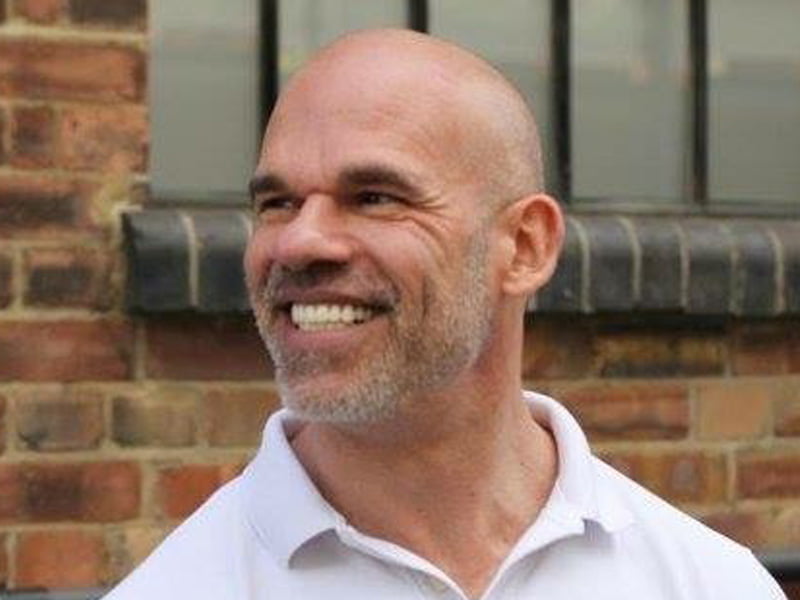The Australian Government’s former digital transformation supremo Paul Shetler will give evidence on day one of the Senate’s inquiry into digital service delivery this week, calling for a radical re-skilling of the Australian Public Service.
Mr Shetler, who was personally recruited Prime Minister Malcolm Turnbull to run the newly set-up Digital Transformation Office in July 2015, was replaced in the role just 16 months later in a restructure that re-badged the office as the Digital Transformation Agency.
The original DTO was supposed to have been an agency of change to drive better government services at lower cost and to build digital capability within the public service.

Mr Turnbull wanted the agency modelled on the UK’s famed Government Digital Service (GDS) and charged Paul Shetler with building a team that could both introduce next-generation digital systems and processes for delivering technology projects, and to drive cultural change across government.
In the end, it was all for nothing. By August 2016, the government had lost its appetite for cultural change, and whatever political cover Mr Shetler had enjoyed to get the job done suddenly evaporated and he was moved out of the leadership role, leaving the public service shortly after.
After a series of high-profile technology difficulties across government during this period, from the Census problems, the on-going outages at the Australian Taxation Office, the Centrelink robo-debt problems, Child Support Agency difficulties among others, the Senate set up its Inquiry in August last year through its Finance and Public Administration Committee.
References committee chair Senator Jenny McAllister says the committee is interested in the two separate but related issues – the series of high-profile problems in large government IT and digital transformation programs on the one hand, and the ongoing major restructure of the DTO/DTA efforts on the other.
“My concern here is to look at those two dynamics and to really assess what is the government’s position here, and how well are the personnel, and the structures, and the government arrangements set up to deliver on the vision,” Senator McAllister said.
“Because there has been just so much change at a time when there has been so many problems,” she said.
“We need some clarity about where the government thinks it is going and whether it is set up to deliver on that.”
The first public hearing of the Inquiry will be held in Sydney on Wednesday this week.
The renamed DTA was restructured into a more conventional public service policy and advice shop, losing much of its digital delivery capability and has been drifting ever since.
Mr Shetler will outline to the inquiry into the Digital delivery of government services the cultural blockages within government that have stymied efforts to improve service quality, and propose a strategy to radically upskill the public sector and build strong digital teams capable of delivering change.
In a submission to the inquiry co-written with former DTO senior digital adviser Jordan Hatch and the former Head of the DTO Digital Marketplace Catherine Thompson, Mr Shetler has called on government to create new career paths that would enable digital skills to rapidly progress to the most senior ranks of the public service.
He says government should make it clear that proven digital delivery skills were a prerequisite for promotion to SES level 3 and 4, secretary or CEO level.
He further recommends that a cross-government board of senior digital champions at the deputy secretary level – who had been identified for promotion to secretary-level positions in future – should act as the prime cross-governmental digital governance group.
The government must incentivise this layer of intensely ambitious public servants – who understand public service conventions – as the most powerful agents for changing existing structures and processes, and overhauling culture in the process.
Mr Shetler will say this radical reskilling should include senior public services participating in immersion tours to businesses in Silicon Valley, London, Israel and China to see digital delivery and best-practice in the commercial world.
He will tell the committee that every Commonwealth department or agency that provides a significant transactional service to the public should hire a Chief Digital Officer would own responsibility for all policy, systems, people and interfaces that comprise the service – from the perspective of the end user – rather than being buried within the structures of IT department.
Mr Shetler will also recommend the creation of a digital academy within government modeled on the GDS’ Digital Academy in the UK to retrain and re-skill the internal workforce.
At a minimum, he says a digital capability program must be established working across all levels of seniority to retrain generalists how to engage with, manage and support digital programs.
The added benefit of an APS-wide digital re-skilling of the public sector workforce is that it would have the indirect benefit of boosting the overall capability of the broader Australian digital workforce as people move in and out of government.
Mr Shetler, who was recruited personally by Malcolm Turnbull from the Government Digital Service in the UK to run the original DTO, has been an outspoken critic of the restructures that removed digital delivery capability from the organisation.
Do you know more? Contact James Riley via Email.

